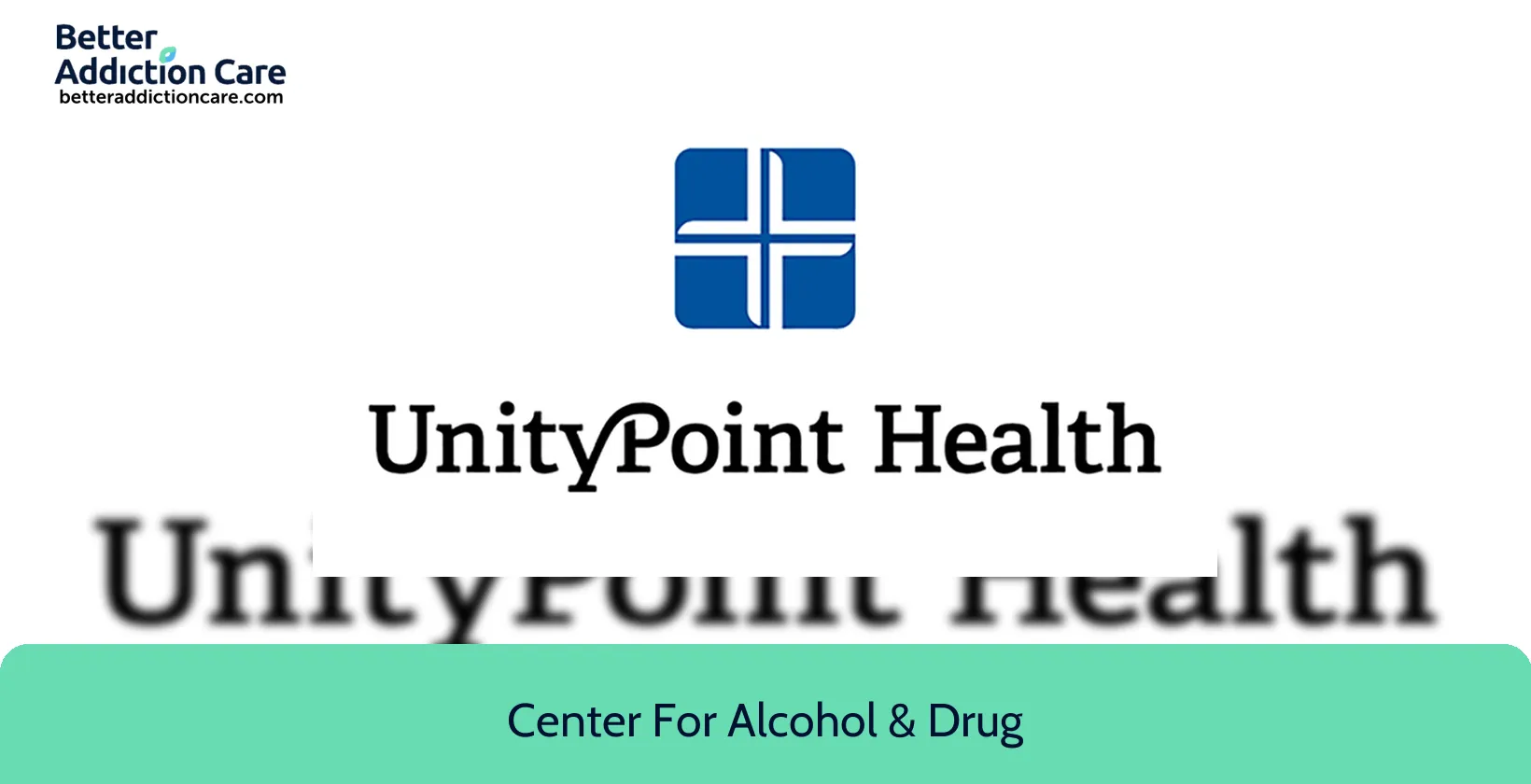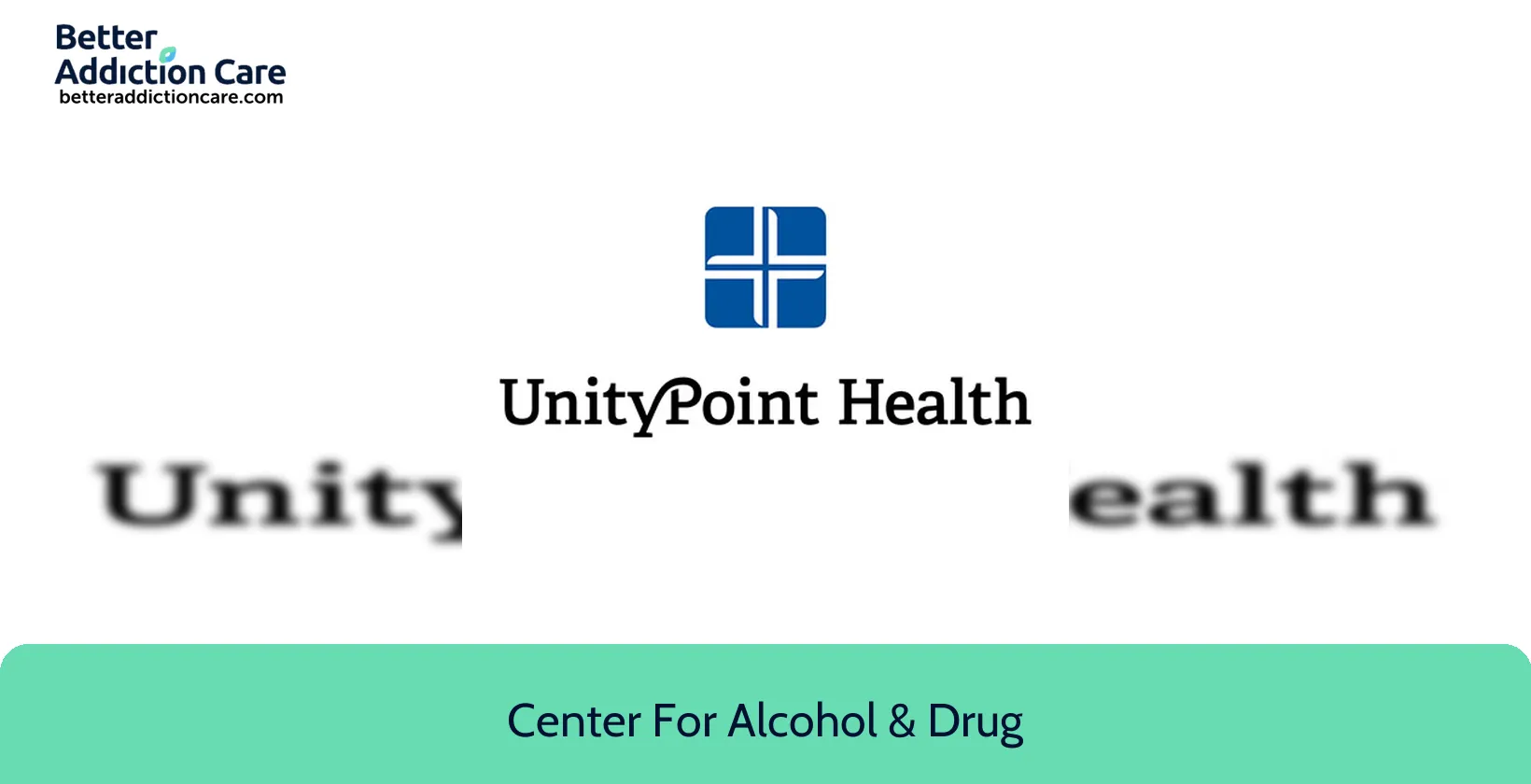Center For Alcohol & Drug Services - East Locust
Overview
Center For Alcohol & Drug Services - East Locust is a substance abuse treatment center for people seeking treatment near Scott County. As part of their treatment modalities for recovery, Center For Alcohol & Drug Services - East Locust provides telemedicine/telehealth therapy, substance use disorder counseling, and treatment for gambling disorder during treatment. Center For Alcohol & Drug Services - East Locust is located in Davenport, Iowa, accepting cash or self-payment for treatment.
Center For Alcohol & Drug Services - East Locust at a Glance
Payment Options
- Cash or self-payment
- Medicaid
- Private health insurance
- Federal, or any government funding for substance use treatment programs
- Sliding fee scale (fee is based on income and other factors)
Assessments
- Comprehensive substance use assessment
- Interim services for clients
- Screening for substance use
Age Groups
- Adolescents
- Children/adolescents
- Young adults
- Adults
- Seniors
Ancillary Services
- Case management service
Highlights About Center For Alcohol & Drug Services - East Locust
6.83/10
With an overall rating of 6.83/10, this facility has following balanced range of services. Alcohol Rehabilitation: 8.00/10, Drug Rehab and Detox: 6.00/10, Insurance and Payments: 6.00/10, Treatment Options: 7.33/10.-
Alcohol Rehabilitation 8.00
-
Treatment Options 7.33
-
Drug Rehab and Detox 6.00
-
Insurance and Payments 6.00
Accreditations
Commission on Accreditation of Rehabilitation Facilities (CARF):

Established in 1966, the non-profit organization known as the Commission on Accreditation of Rehabilitation Facilities (CARF) has a dedicated focus on accrediting rehabilitation organizations. CARF's primary mission is to assist service providers, particularly rehabilitation facilities, in upholding and promoting the highest standards of care.
Treatment At Center For Alcohol & Drug Services - East Locust
Treatment Conditions
- Alcoholism
- Substance use treatment
Care Levels
- Outpatient
- Intensive outpatient treatment
- Regular outpatient treatment
- Aftercare
Treatment Modalities
- Telemedicine/telehealth therapy
- Substance use disorder counseling
- Treatment for gambling disorder
- Group counseling
- Family counseling
Ancillary Services
Languages
- Sign language services for the deaf and hard of hearing
Additional Services
- Pharmacotherapies administered during treatment
- Discharge Planning
- Breathalyzer or blood alcohol testing
Get Help Now
Common Questions About Center For Alcohol & Drug Services - East Locust
Contact Information
Other Facilities in Davenport

7.37

6.59
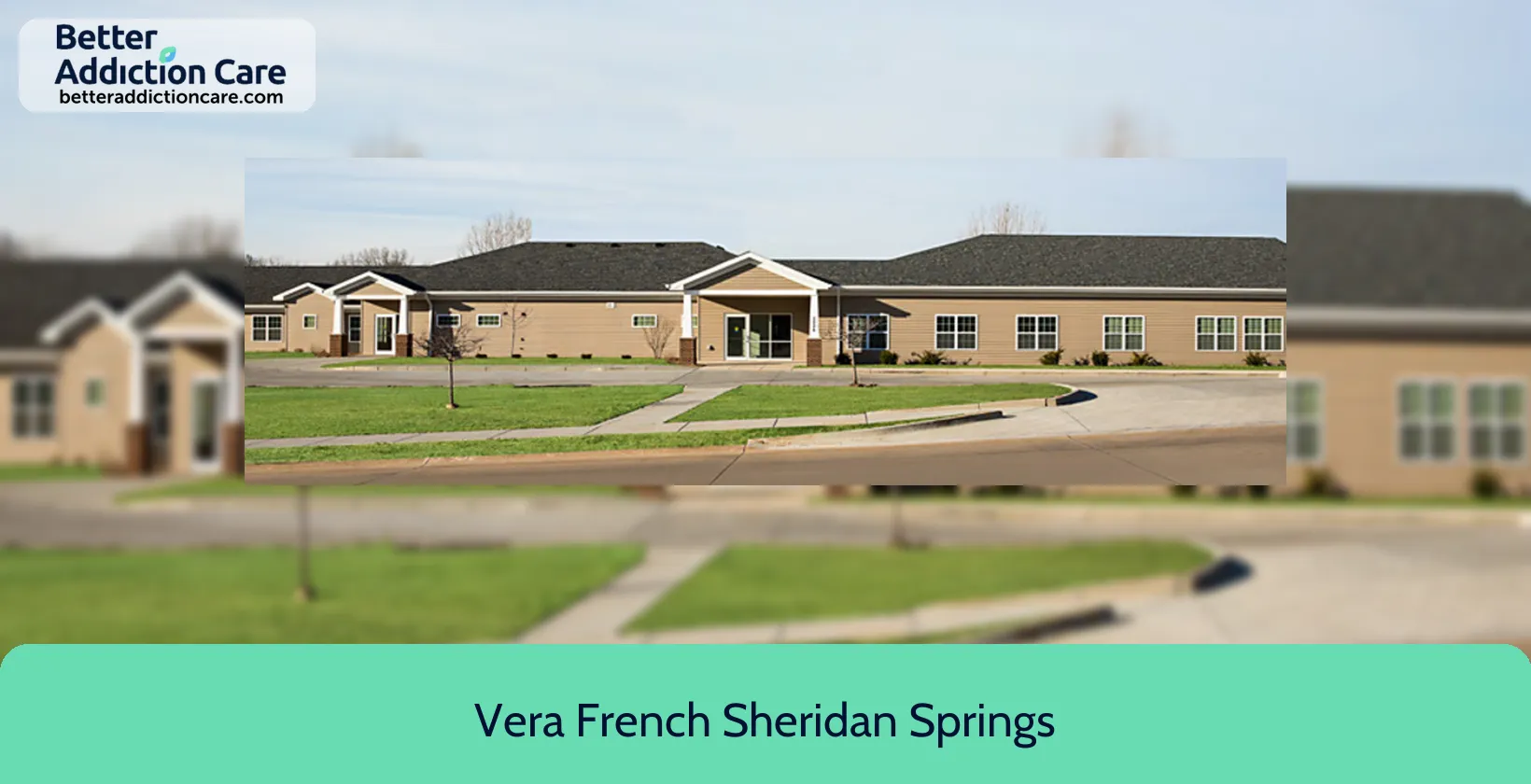
6.59
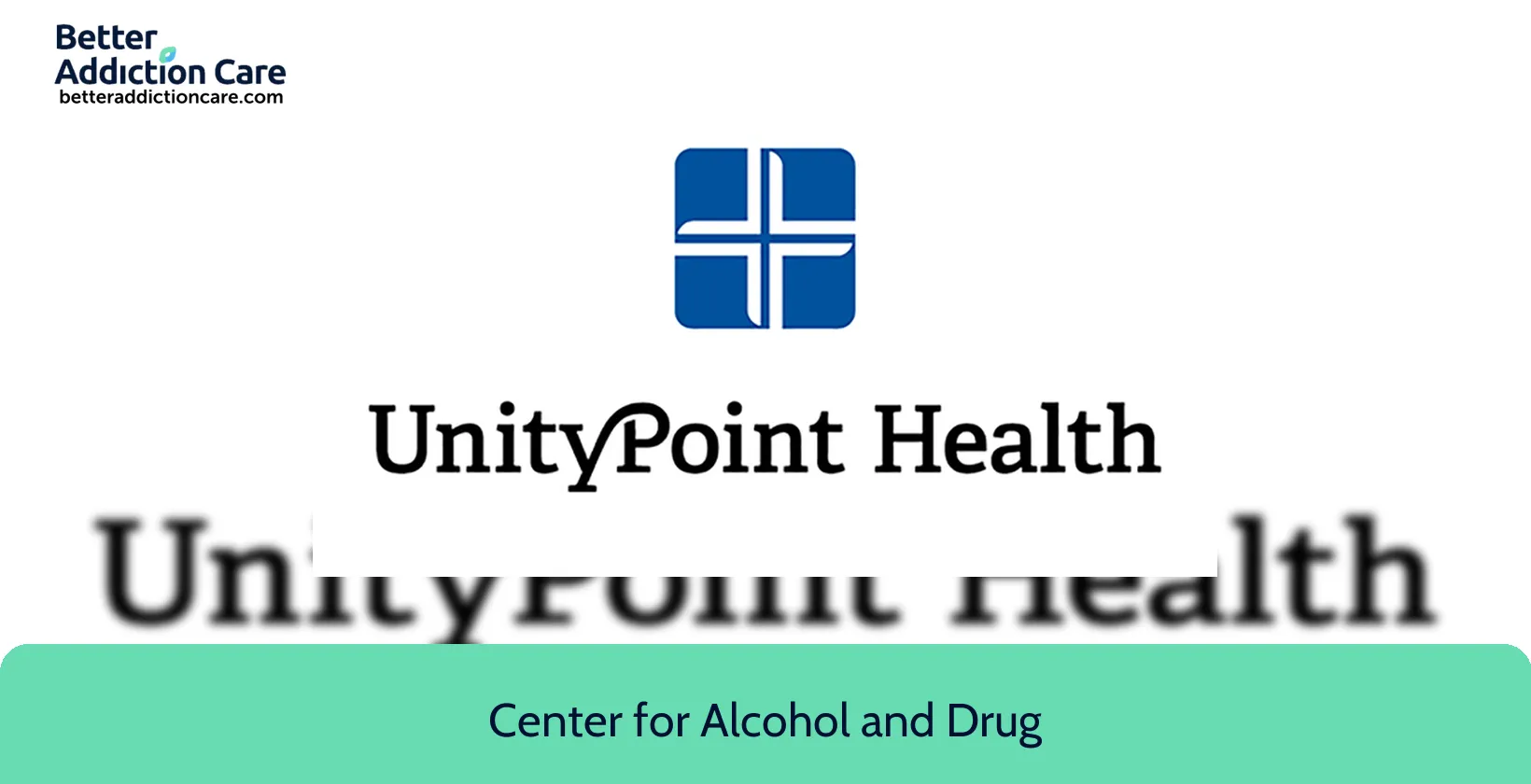
6.80

7.22

6.86
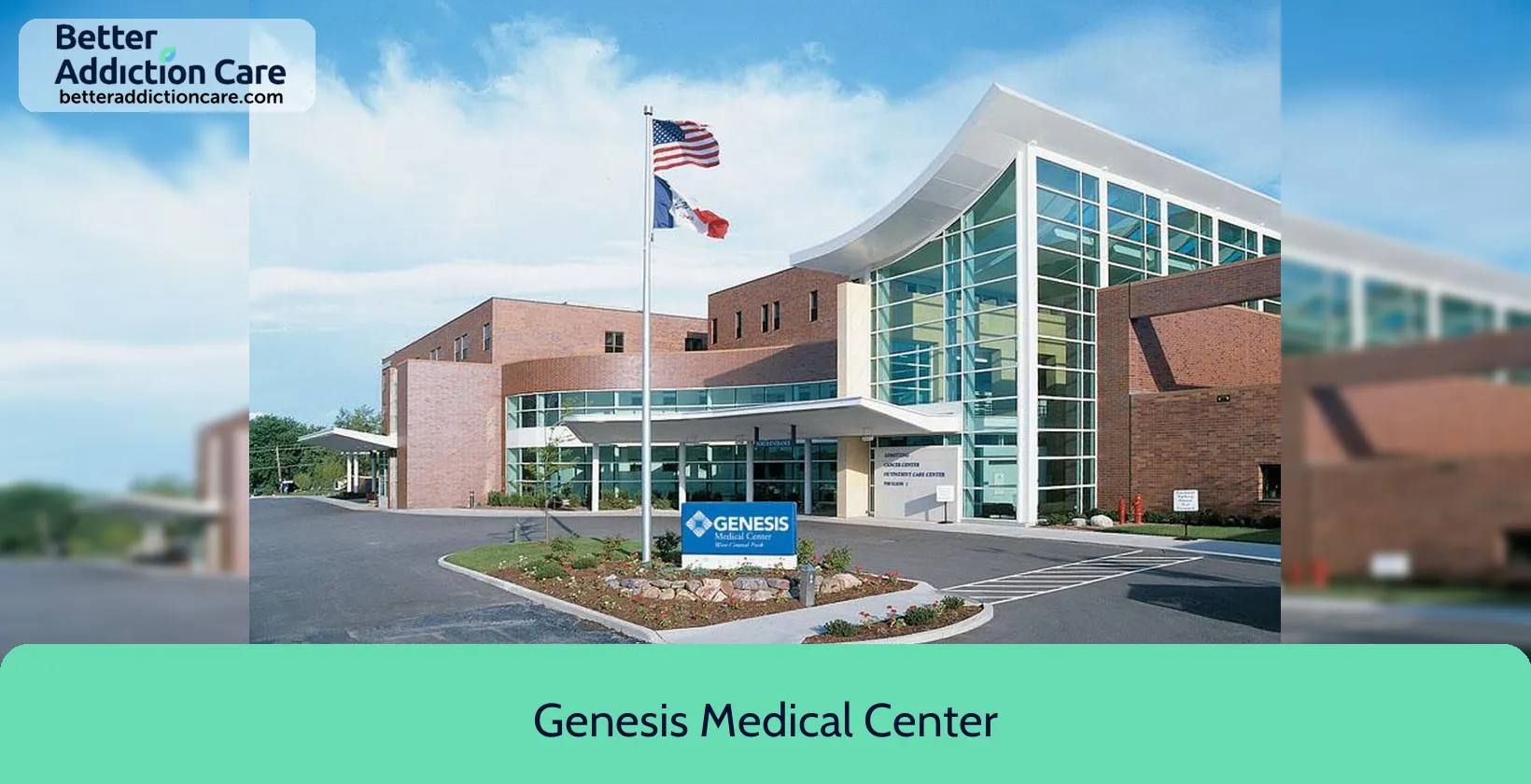
6.78
DISCLAIMER: The facility name, logo and brand are the property and registered trademarks of Genesis Medical Center, and are being used for identification and informational purposes only. Use of these names, logos and brands shall not imply endorsement. BetterAddictionCare.com is not affiliated with or sponsored by Genesis Medical Center.
